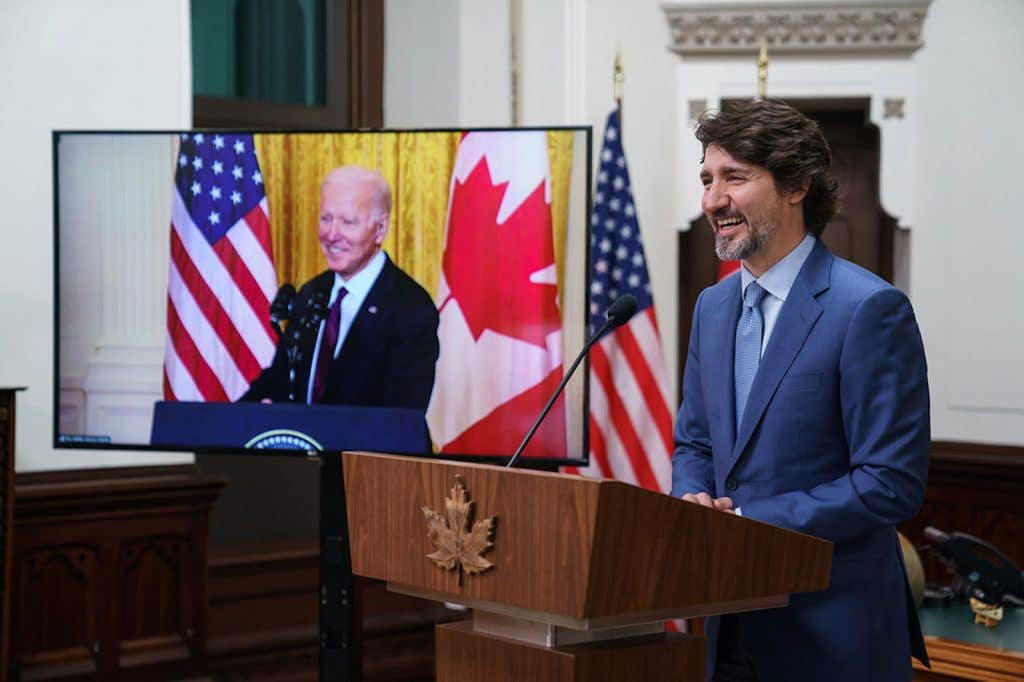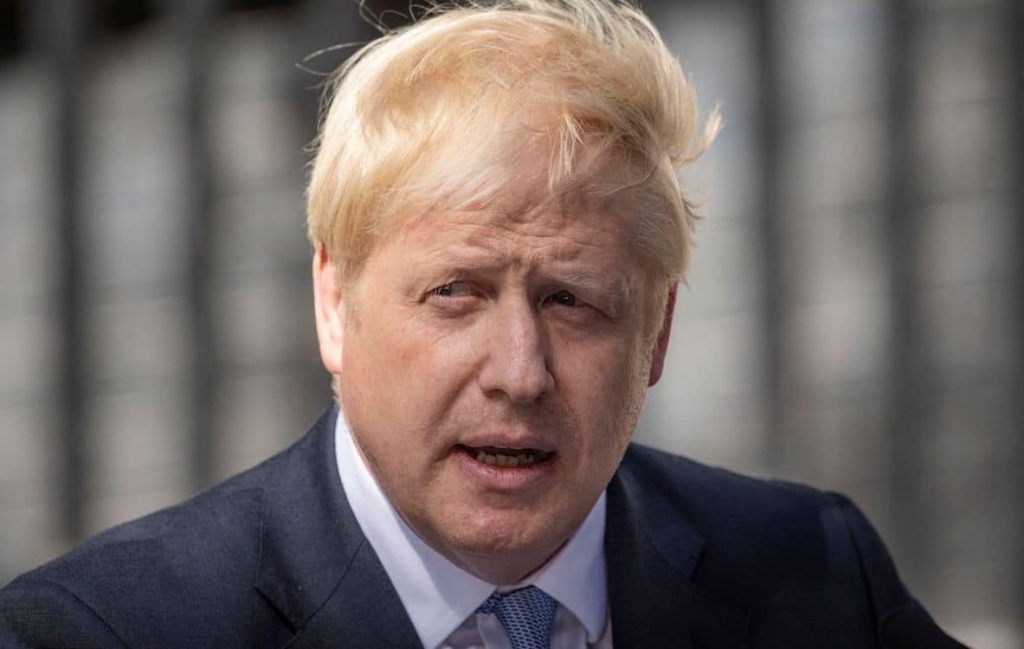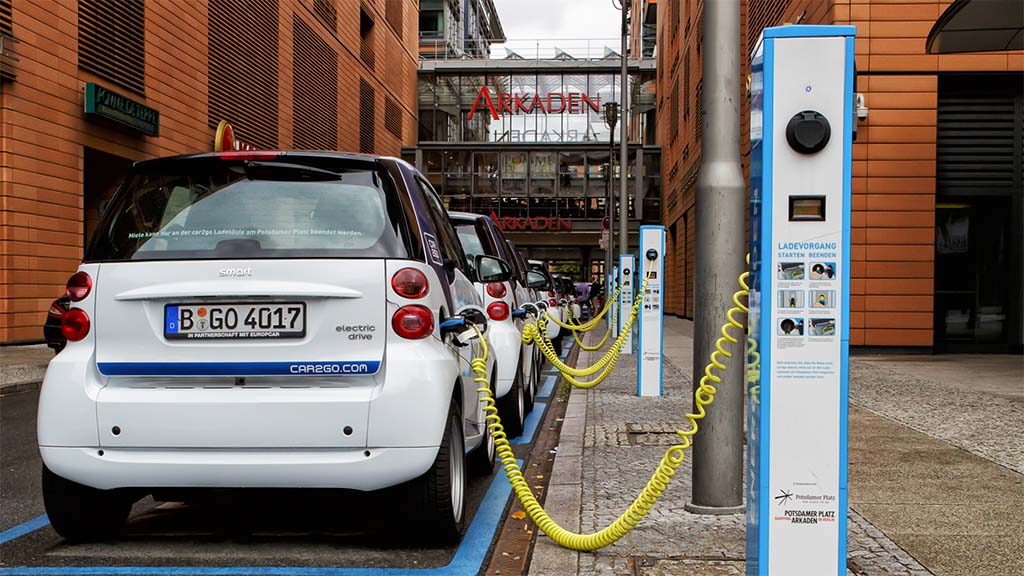The government of Canadian Prime Minister Justin Trudeau announced plans to halt the sale of new vehicles powered by internal combustion engines starting in 2035.

America’s northern neighbor becomes the latest country to call for a phaseout of gas and diesel vehicles, joining the United Kingdom and Norway, while other countries — and some U.S. states — are weighing similar bans. Two Canadian provinces previously set similar goals.
“We are committed to aligning Canada’s zero-emission vehicles sales targets with those of the most ambitious North American jurisdictions,” Environment Minister Jonathan Wilkinson said in statement.
The auto industry is planning to invest hundreds of billions of dollars on battery-electric vehicles in the coming decade. While consumer demand is relatively modest, it’s expected to grow rapidly in the coming years. BEVs accounted for less than 3% of overall new vehicle sales in the U.S. in 2020 but demand for all plug-based models surged by 95% during the first quarter and analysts at firms like IHS Markit anticipate all-electric models alone will reach a 30% share in 2030.
Growing global demand
The U.S., however, lags well behind a number of other markets, including China and Europe. In Norway, for one, BEVs accounted for more than 50% of new sales through the end of May.

Canada is slightly ahead of the U.S. but EVs still account for just around 3.5% of total new vehicle sales there.
Norway became the first country to set a hard deadline for the phaseout of ICE technology, but others are starting to follow. Late last year the UK moved up by a decade a ban originally scheduled to take effect in 2040. Models running solely on gas or diesel will no longer be available as of 2030, with the country switching entirely to BEVs by 2035.
Canada has been exploring the need for a similar plan to meet the Trudeau government’s goal of making the country net-zero in terms of carbon emissions by 2050.
Bans already in place
Even before this week’s announcement, two provinces already laid down their own plans to eliminate gas and diesel vehicle sales. Quebec’s calls for an ICE ban by 2035, with British Columbia following in 2040.

Canada has traditionally mirrored the regulatory direction taking by its Southern neighbor. But while U.S. President Joe Biden has been an advocate of electrification — calling for major funding as part of his proposed infrastructure bill — the administration has yet to firmly lay down plans for a nationwide elimination of gasoline and diesel vehicle sales.
“We will work with the United States to harmonize fuel efficiency regulations and we’re investing in consumer rebates, charging stations, business tax breaks and industry transition costs,” Canada’s Wilkinson said in his statement.
Though the White House has so far pushed back on calls for a total U.S. phaseout plan, several states are moving forward with their own targets.
California makes its move
California, which already set tough sales targets for EVs, this year revealed a goal of banning new ICE vehicles by 2035. Another West Coast state, Washington, has since laid out a similar target.
California’s earlier zero-emission vehicle mandate has now been copied by more than a dozen other states and some are reportedly considering whether to adopt outright gas and diesel bans, as well.








Justin Trudeau trying to show he’s relevant.